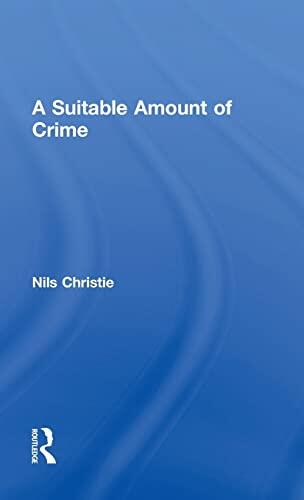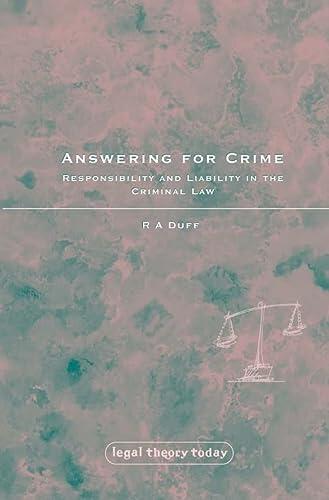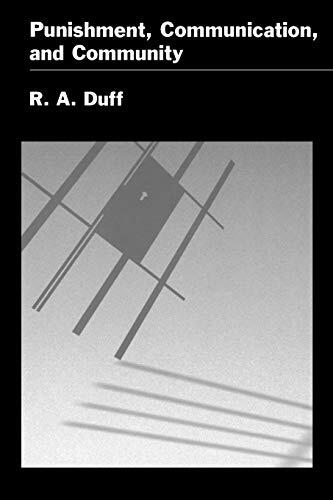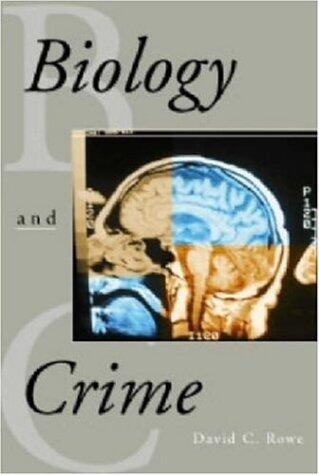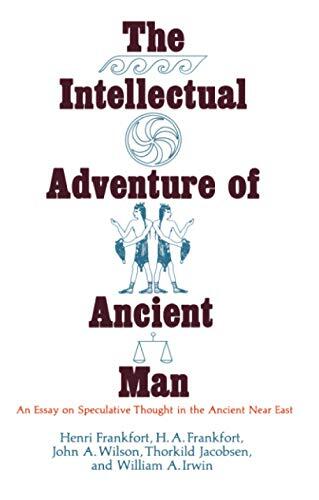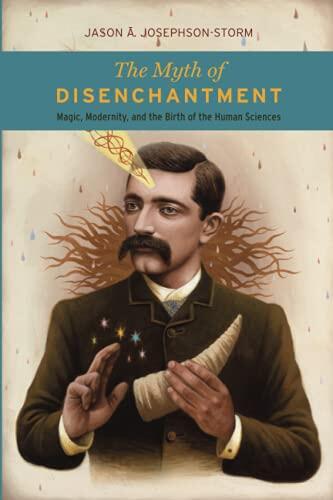
Personhood and Health Care
还没有评分
Philosophy
Health & Wellness
格式
平装书
页数
466
语言
英语
已发布
Dec 8, 2010
出版商
Springer
版本
2001
ISBN-10
9048158583
ISBN-13
9789048158584
描述
In the realm of health care ethics, this work presents a profound inquiry into the concept of personhood and its implications for medical practice and decision-making. The authors delve into the philosophical underpinnings of what it means to be human, exploring how various definitions of personhood can significantly influence ethical considerations in health care settings. They bring together diverse perspectives, addressing contentious issues surrounding patient rights, autonomy, and the moral status of individuals in different health contexts.
Throughout the discussion, the complexity of personhood is examined in relation to medical ethics, particularly regarding vulnerable populations and end-of-life care. The authors highlight the need for a nuanced understanding of personhood that acknowledges both individuality and broader societal values. They encourage readers to reflect on how personhood impacts not only clinical decisions but also policy-making and health care access.
Real-world case studies enrich the discussion, illustrating the practical ramifications of theoretical notions of personhood. The book serves as a crucial resource for healthcare professionals, ethicists, and lawmakers, providing insight into the ethical dilemmas that arise when considering the humanity of patients in clinical environments.
Ultimately, this volume stands as a testament to the ongoing need for dialogue about personhood in the context of health care, suggesting that a deeper appreciation of human dignity can lead to more compassionate and ethical medical practice. Through its insightful contributions, it calls for a comprehensive reevaluation of existing health care frameworks and policies, aiming to foster a system that respects and honors the personhood of all individuals.
Throughout the discussion, the complexity of personhood is examined in relation to medical ethics, particularly regarding vulnerable populations and end-of-life care. The authors highlight the need for a nuanced understanding of personhood that acknowledges both individuality and broader societal values. They encourage readers to reflect on how personhood impacts not only clinical decisions but also policy-making and health care access.
Real-world case studies enrich the discussion, illustrating the practical ramifications of theoretical notions of personhood. The book serves as a crucial resource for healthcare professionals, ethicists, and lawmakers, providing insight into the ethical dilemmas that arise when considering the humanity of patients in clinical environments.
Ultimately, this volume stands as a testament to the ongoing need for dialogue about personhood in the context of health care, suggesting that a deeper appreciation of human dignity can lead to more compassionate and ethical medical practice. Through its insightful contributions, it calls for a comprehensive reevaluation of existing health care frameworks and policies, aiming to foster a system that respects and honors the personhood of all individuals.






